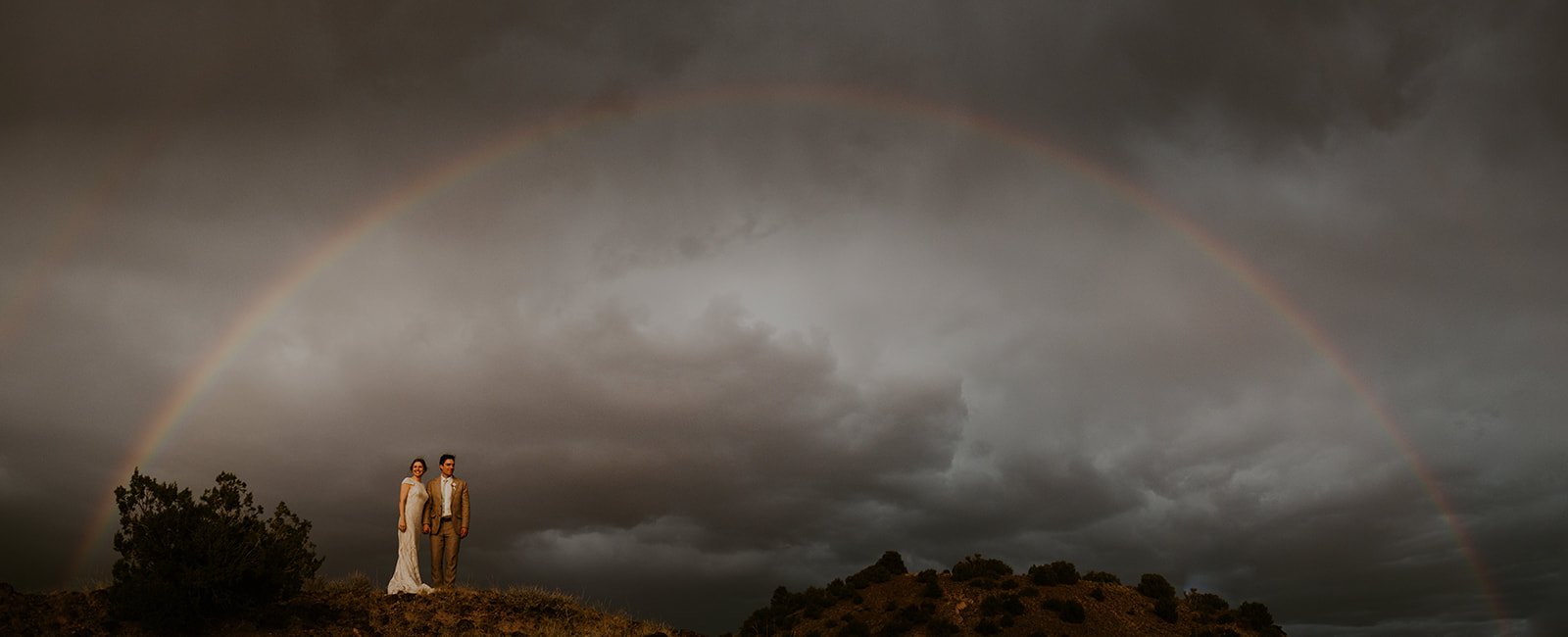What is Self-Solemnizing? How to Plan a “Just Us” Wedding
So, what the HECK is self-solemnization?! If you’ve been searching the internet for elopement ideas, or you’re still just figuring out the logistics of getting legally married & planning a celebration – you might have come across the terms self-solemnizing, self-uniting marriage, or commitment ceremony. Below, I’ll explain what each of these really mean for your wedding, why you might want to choose one type of celebration over another, and how to go about moving forward with plans once you’ve decided how you’d like to tie the knot.
What is self-solemnization?
Self-solemnization is the act of becoming legally married by yourselves – no officiant or witnesses required. It’s also commonly referred to as a self-uniting marriage, which is an apt description. This might come as a surprise to those of you who are planning weddings because self-solemnization is not a widely discussed option. Instead, you’ve probably seen half a million blogs showcasing images of a couple standing before an officiant who facilitates the ceremony portion of a wedding or elopement.
Self-solemnizing isn’t an option everywhere, and it actually doesn’t require you to have a two-person wedding. You can self-solemnize while inviting friends or family – they just don’t need to sign anything and no one needs to be a licensed officiant.
Where can you legally get married by self-solemnizing?
Short answer: Colorado
Longer answer: just a few states, and most of them have some kind of exemptions or special circumstances. To self-solemnize in Colorado you simply need to check a box and sign as your own officiant. Because you don’t need witnesses to become legally married Colorado, you can either have none or have anyone sign the paper – yes, even your dog!
What is a commitment ceremony?
A commitment ceremony is a performative ceremony where a couple share their vows – they might personally view this day as their wedding day, but they have not legally wed or signed any government paperwork at this time. A couple who has a commitment ceremony can choose to get legally married at a later date, or perhaps they went down to the courthouse and signed the papers already.
Why would a couple exchange their vows in a commitment ceremony?
There are many reasons a couple would choose to share their vows without getting legally married:
It’s not legal for them to get married – bigotry & discrimination still make it difficult or impossible for same-sex couples to wed in parts of this world. People with disabilities also face legal and financial discrimination for marrying (yes, here in the U.S), and therefore may choose a commitment ceremony.
They want to say their vows in a place where they cannot legally marry – if a couple chooses to have a destination wedding ceremony in another country but didn’t want to jump through the many potential hoops to legally wed on foreign soil.
A couple is already married for whatever reason, but they want to share vows in a ceremonial celebration of their union – couples become legally married for many reasons and deserve to still have their celebration whenever it makes sense for them to do so.
A couple simply doesn’t want to get legally married – you don’t have to become life partners in the eyes of the governing state to have a legitimate union. Maybe you hate the expectations or pressures society puts on marriages and you want to celebrate in your own way – feel free to do whatever feels right for you!
If you want a “just us” wedding, which celebration style should you choose?
Maybe it comes down to convenience, or maybe you have a personal connection to one of these ceremony styles – either way, it’s your choice! Neither is right, or wrong. Sometimes choosing the easiest option for your schedule is the best idea. One thing to consider is that if you do choose to get legally married at a different date than your vow exchange, you’ll have to always put the legal date on any government paperwork. For example, whenever I’ll filling out taxes or applying for an ID (whatever other task requires me to put the date of my marriage), I have to write in a 2018 date. But, my husband and I consider our anniversary to be the day in 2019 when we partied with our friends in the desert. It’s a minor inconvenience, but one I don’t want you to overlook in your decision making process.








